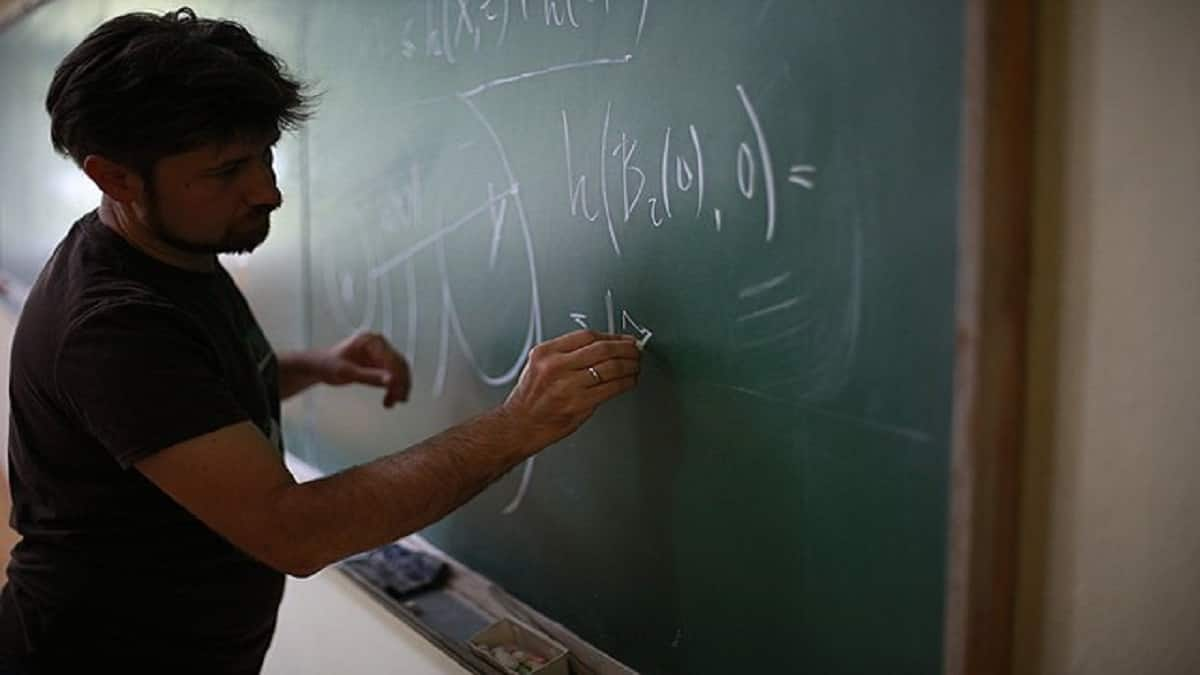Thank you, but not enough! CSIR must extend age limit for scientist to 40 years: AIRSA
Anu Parthiban | February 4, 2025 | 01:23 PM IST | 2 mins read
CSIR-JRF certificate has a validity of two years. “This leaves limited time for them to qualify for a scientist position before crossing the 32-year age limit," scholars said.

NEW DELHI: The Council of Scientific and Industrial Research (CSIR) has announced that it will increase the age limit of Scientist C from the existing 32 years to 35 years as per the demand of research scholars. However, All India Research Scholars Association (AIRSA), which has been pushing for a revision of the upper age limit, said “Thank you for supporting Indian researchers, but not enough…”
After multiple request letters addressed to the CSIR, Abhay Karandikar, secretary of Department of Science and Technology (DST), and Union education minister Dharmendra Pradhan to increase upper age limit of Scientist C in CSIR from the existing 32 years to 35 years, the council said: “The expert committee constituted to review the RRs has recommended to increase the upper age limit to 35 years. The agenda has been prepared and is going to be placed before the GB CSIR for approval in the next meeting of GB, CSIR.”
“That will address the concerns of the research scholars as submitted in their representation and make the age criteria uniform across all scientific dept/organizations. Meanwhile, the feasibility of regularising the advertisements for recruitment accordingly is being worked out,” it added.
Responding to the post on X, AIRSA wrote: “Thank you, @CSIR_IND, for supporting Indian researchers nationwide and abroad. Raising the Scientist C age limit to 35 is a positive step, but not enough! Most PhDs finish beyond 35, and other bodies allow up to 40. Experience matters—CSIR must extend the limit to 40 years!”
Challenges faced by Indian scholars
In the latest letter to Union health minister Jitendra Singh, the research scholars said those who qualify Junior Research Fellowship (CSIR-JRF exam) have an age limit of 30 years with a validity of only two years. “This leaves limited time for them to qualify for a scientist position before crossing the 32-year age limit,” one of the major reasons why they demanded for increasing the age limit.
They also highlighted the challenges faced by the scholars due to delayed updates and non-regularisation of advertisement, which further “reduces opportunities for candidates within the stipulated age limit”.
They have also expressed apprehension about the 2001 CSIR recruitment rules, which states the age limit for scientist positions was 35 years. “However, this was reduced to 32 years in the 2011 revised guidelines (Attached CSIR-OM). The basis for this change remains unclear and appears to contradict the policies of other research institutions,” it said.
Follow us for the latest education news on colleges and universities, admission, courses, exams, research, education policies, study abroad and more..
To get in touch, write to us at news@careers360.com.